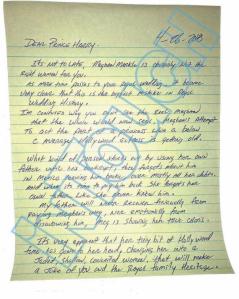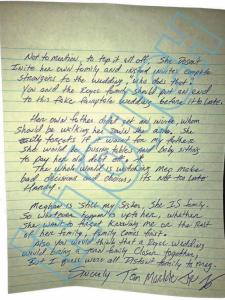 The sacking of Paige Patterson opens up an aperture for me to discuss Christian social praxis.
The sacking of Paige Patterson opens up an aperture for me to discuss Christian social praxis.
Patterson, seen at left, is a 75-year old Christian priest. For the past fifteen years, he has been the president of the Southwest Baptist Theological Seminary. His career was effectively ended by feminists within the Christian church, who felt that he did not sufficiently hate men enough to retain the title and pension he earned through a lifetime of service.
From the Baptist Press, we read:
During the May 30, 2018, Executive Committee meeting of the Southwestern Baptist Theological Seminary (SWBTS) Board of Trustees, new information confirmed this morning was presented regarding the handling of an allegation of sexual abuse against a student during Dr. Paige Patterson’s presidency at another institution and resulting issues connected with statements to the Board of Trustees that are inconsistent with SWBTS’s biblically informed core values.
Deeming the information demanded immediate action and could not be deferred to a regular meeting of the Board, based on the details presented, the Executive Committee unanimously resolved to terminate Dr. Paige Patterson, effective immediately, removing all the benefits, rights and privileges provided by the May 22-23 board meeting, including the title of President Emeritus, the invitation to reside at the Baptist Heritage Center as theologian-in-residence and ongoing compensation.
Dalrock has featured a series of excellent articles about this old geezer’s cluelessness in dealing with our feminist enemies. What no one has yet done is to analyze the consistent failure of foolish Christians. I believe that Christian timidity is driven by a fear that this would entail a critique of a core premise of modern Christianity. The Christian church seems to lionize men who reduce to faggotry, and Christians hold as a virtue the cowardly refusal to fight back when attacked.
Sharayah Colter, a student of Patterson and devout Christian herself, explains that Christianity requires its adherents to be weak faggots, and the Christian church celebrates human failures in conflict. She alludes to the motivations being grounded in a misplaced interpretation of the Christian hero, Jesus, which portrays him being a weak faggot who refused to defend himself.
Patterson holds the conviction not to defend himself personally, following the example of Christ.
It is true that the Jesus character did not raise an army and overthrow the Roman client state in Palestine. This does not mean that Christians ought to lie down and die when they are attacked.
Jesus did not fight back because he had specific interests that did not coincide with fighting. A reasonable read of the text suggests that Jesus’ goal was not the establishment of political hegemony (John 18:36). A reading of the story also clues us in to the fact that the Jesus character was not bound by any of the ordinary physical and social rules that his mortal disciples must follow. For example: he was able to reanimate dead folks (John 11:44, Mark 16:9). He was able to walk on water (Matt 14:25). He was able to replicate foodstuffs, in a science-fiction fashion (Matt 14:20). Neither Mrs. Colter nor Paige Patterson address the differences between the nature and mission of the Jesus character, and that of regular people, who are constrained by social and physical laws.
So, for all you Christian brothers out there, here’s the news:
You are not Jesus.
You do not have the latitude Jesus had. You can’t walk on the surface of the water, you can’t survive by magic tricks, and you can’t raise yourself from the dead.
You are a regular man, and not the hero of the New Testament narrative. Your death will not bring you victory.
You have a positive duty to try and survive in this world. If someone is actively trying to kill you, your job is to resist in defense of your own life. Even the most cowardly and devout Christian wouldn’t begrudge you this much. If someone attacks your livelihood, it is not unreasonable to resist them likewise.
If the feminists come for you, then your job is not to fall on your sword, so that the mob can move on to attack the next brother. Your duty is to sue them, publicize their own bad behavior, and to use any other means which are expedient to push them off you. If they back off, you then have the liberty to pursue them, if you wish, and to spend as much time as you want getting revenge. This is contemporary social praxis, and these rules were written by feminists, so we can not be blamed for following their playbook.
Patterson could have started his own church or school, and probably would have taken the SWBTS into bankruptcy with all the sheep he sheared away. He could have joined a competing denomination, and denounced the traitors he was cursed to work with. He has done nothing. Thus, I can’t feel any sympathy for him, and you shouldn’t, either.
It may be that Patterson is sick of his job anyway, and he may be looking forward to retiring and forgetting the Christian faggots he had the misfortune to try and shepherd for the last fifteen years. Even so, by rolling over, he is shirking his responsibility as a man, and allowing our feminist enemies to be emboldened by his apathy. They’ll come for someone else tomorrow. May their next victim be made of sterner stuff.

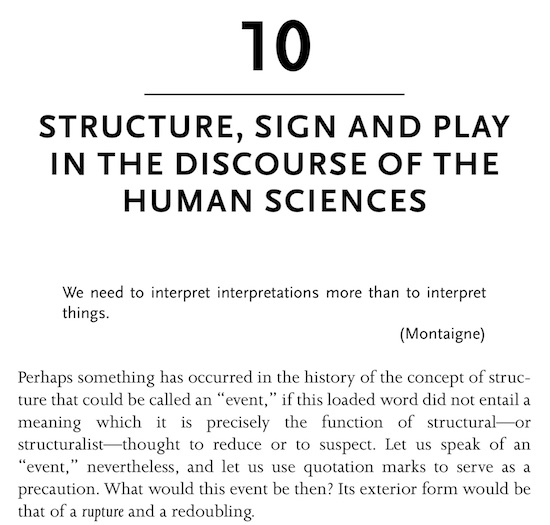
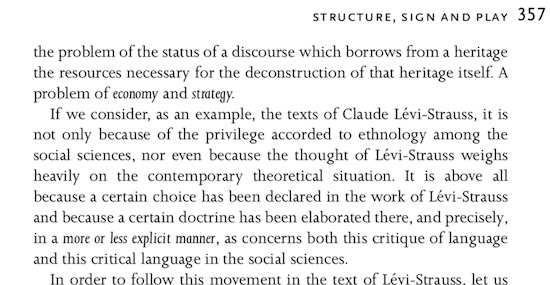
 It is impossible for me to write about this topic without disclosing my own biases. My philosophical interests in school centered on the analytics, and when I studied history I delved pretty deeply into Marx and his ideological descendants. It’s thus fair to say that I have only a surface appreciation of postmodernism, inasmuch as it comes out of the continental tradition, which I’m really not qualified to talk about. Sadly enough, despite the fact that I recognize this lacuna, I’m probably the most qualified to talk about it in the manosphere. One reason that this is unfortunate is the fact that critics like Dalrock seem to be instinctively aware of the dangers of falling into the postmodern trap, without really knowing enough about it to effectively negate its appeal.
It is impossible for me to write about this topic without disclosing my own biases. My philosophical interests in school centered on the analytics, and when I studied history I delved pretty deeply into Marx and his ideological descendants. It’s thus fair to say that I have only a surface appreciation of postmodernism, inasmuch as it comes out of the continental tradition, which I’m really not qualified to talk about. Sadly enough, despite the fact that I recognize this lacuna, I’m probably the most qualified to talk about it in the manosphere. One reason that this is unfortunate is the fact that critics like Dalrock seem to be instinctively aware of the dangers of falling into the postmodern trap, without really knowing enough about it to effectively negate its appeal.

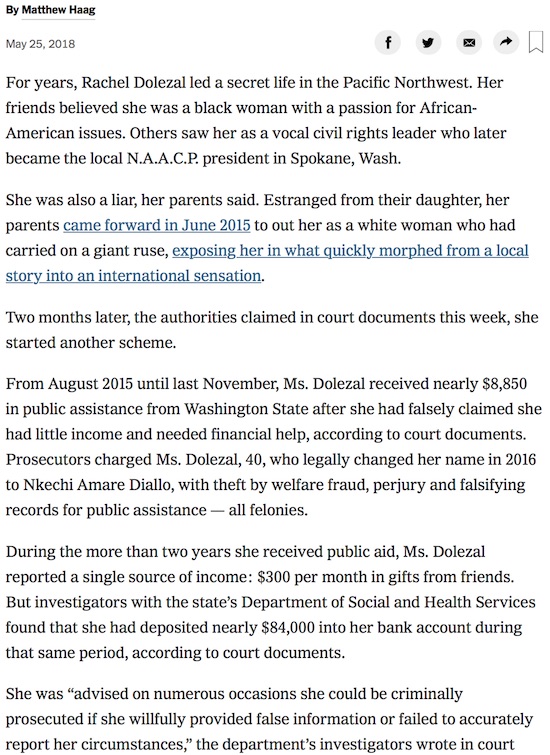





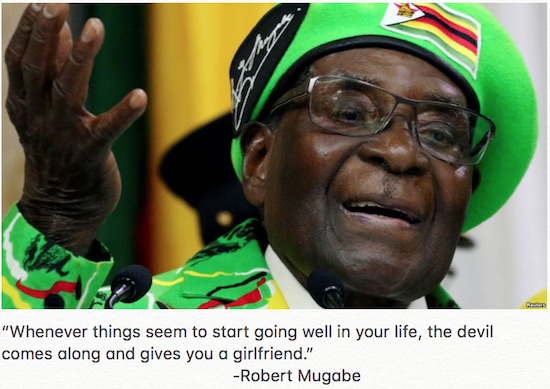
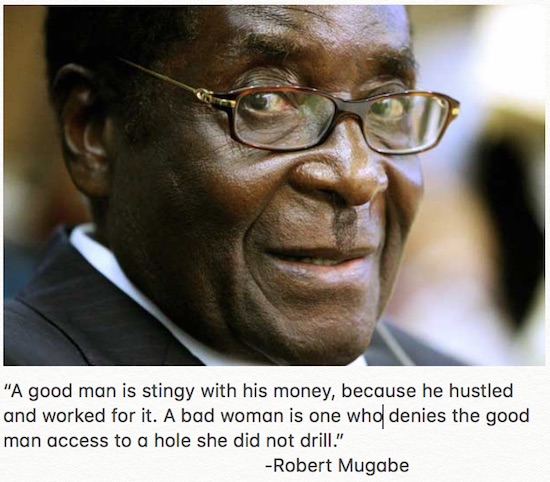
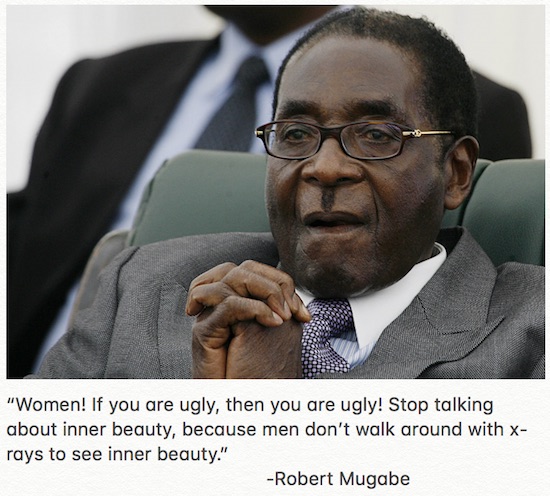
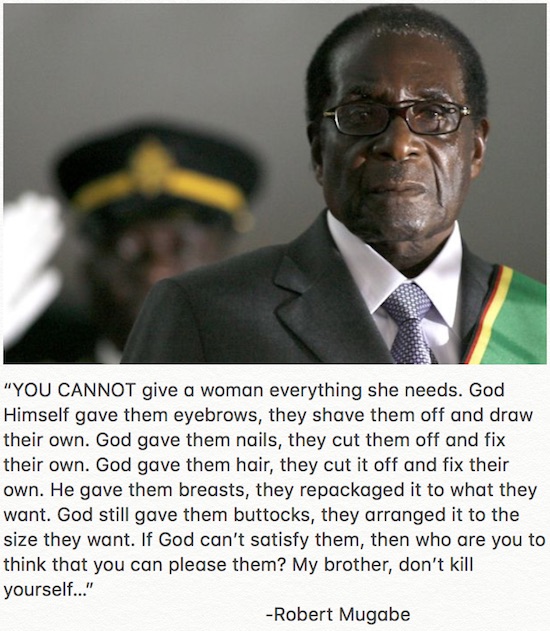
 Down below, Earl tipped me off to the fact that Meghan Markle’s brother wrote Prince Harry a letter, urging him to reconsider his insane proposal to marry a self-described feminist.
Down below, Earl tipped me off to the fact that Meghan Markle’s brother wrote Prince Harry a letter, urging him to reconsider his insane proposal to marry a self-described feminist.